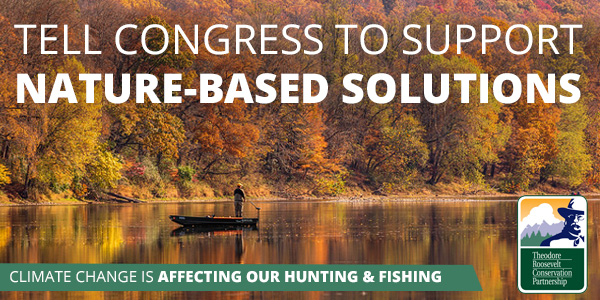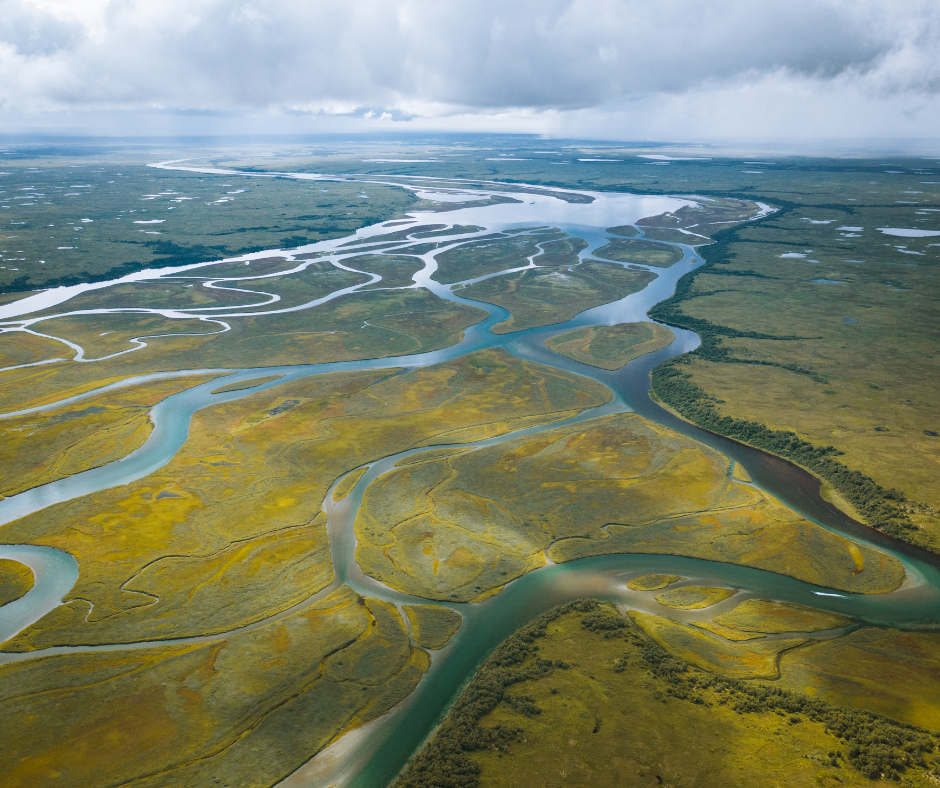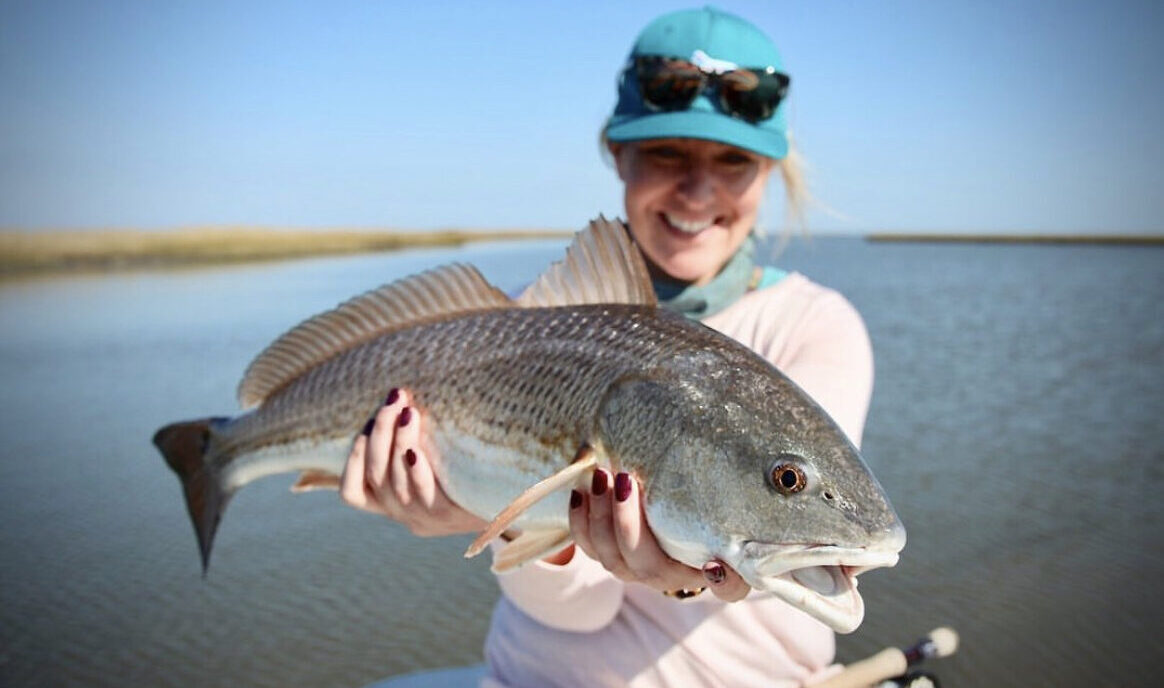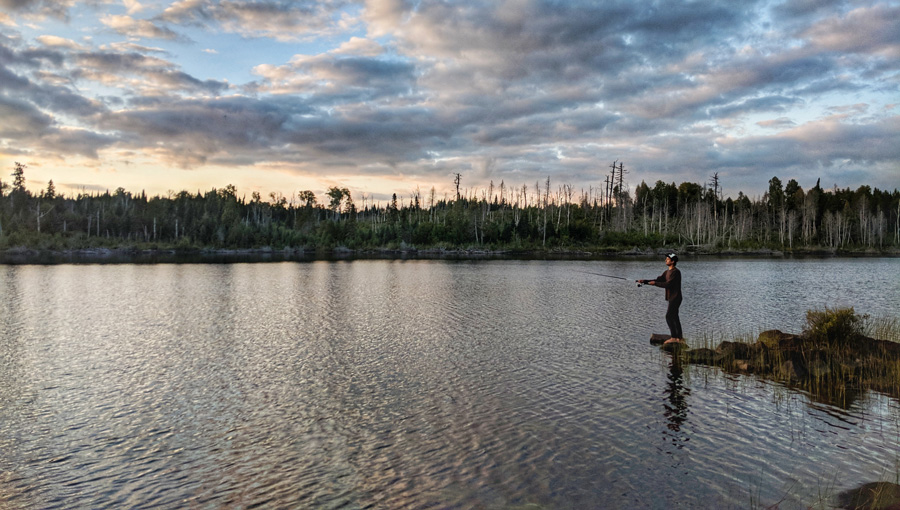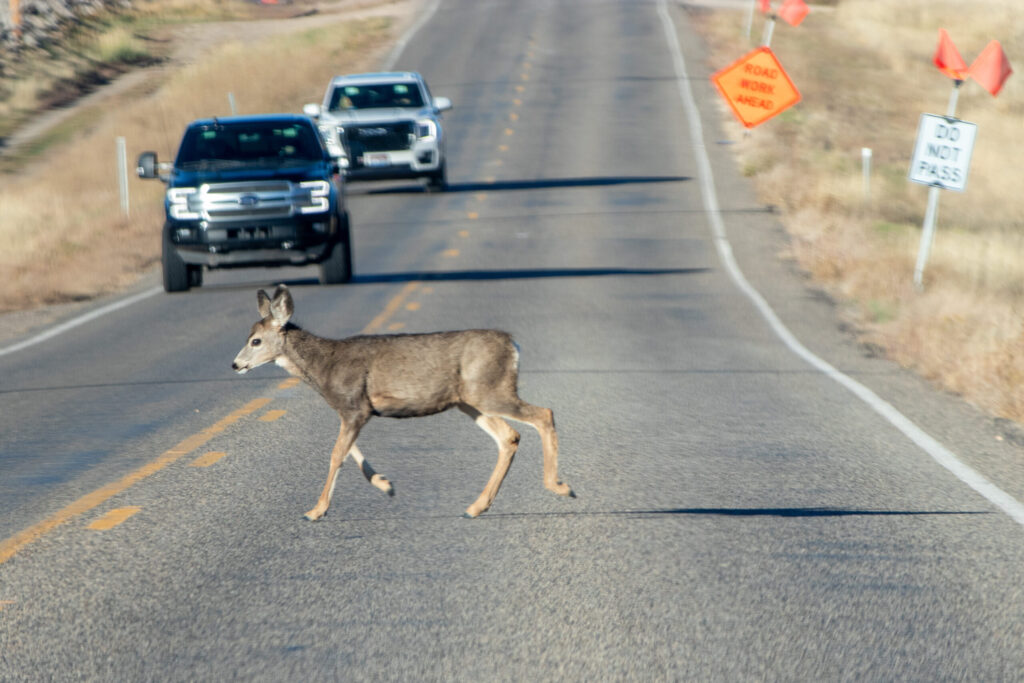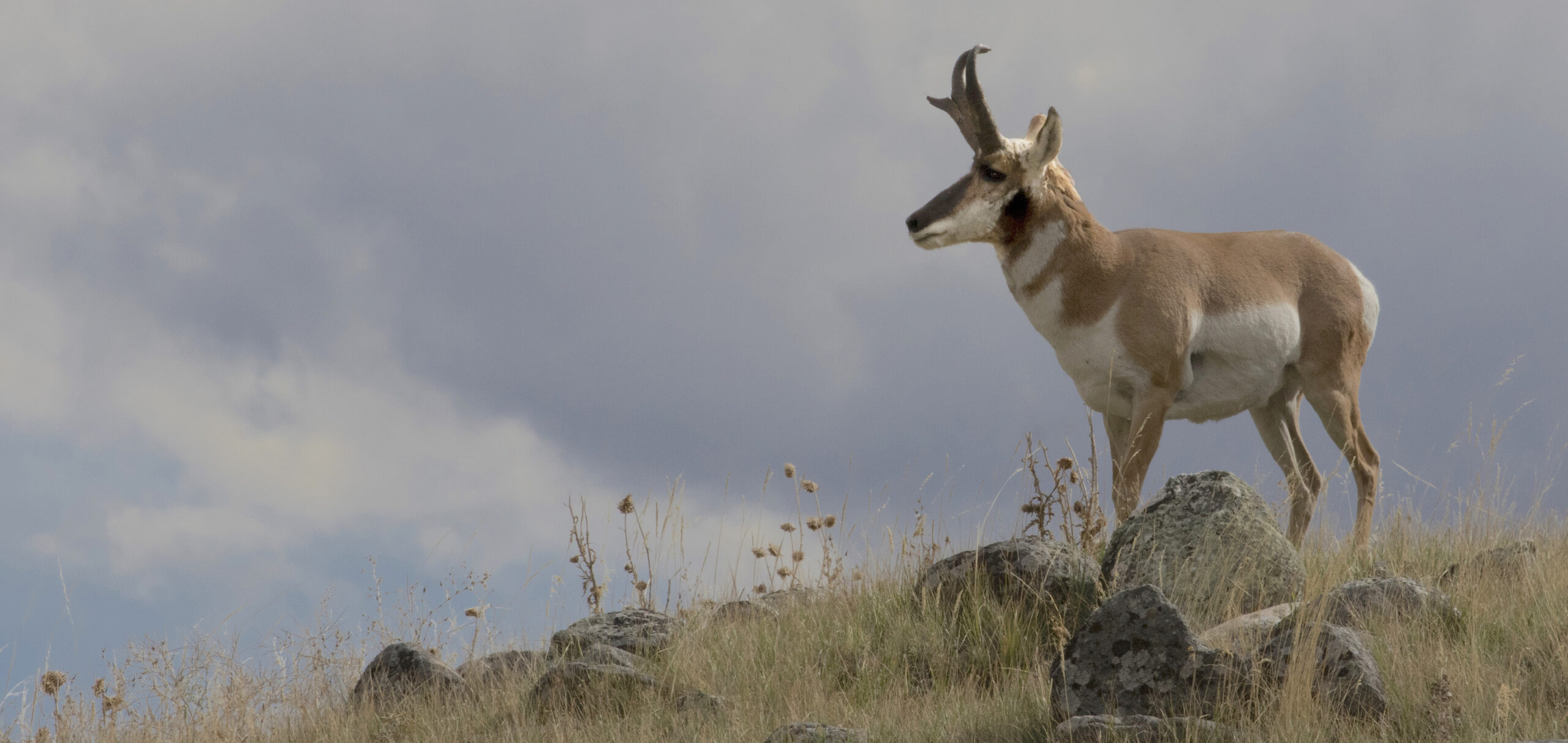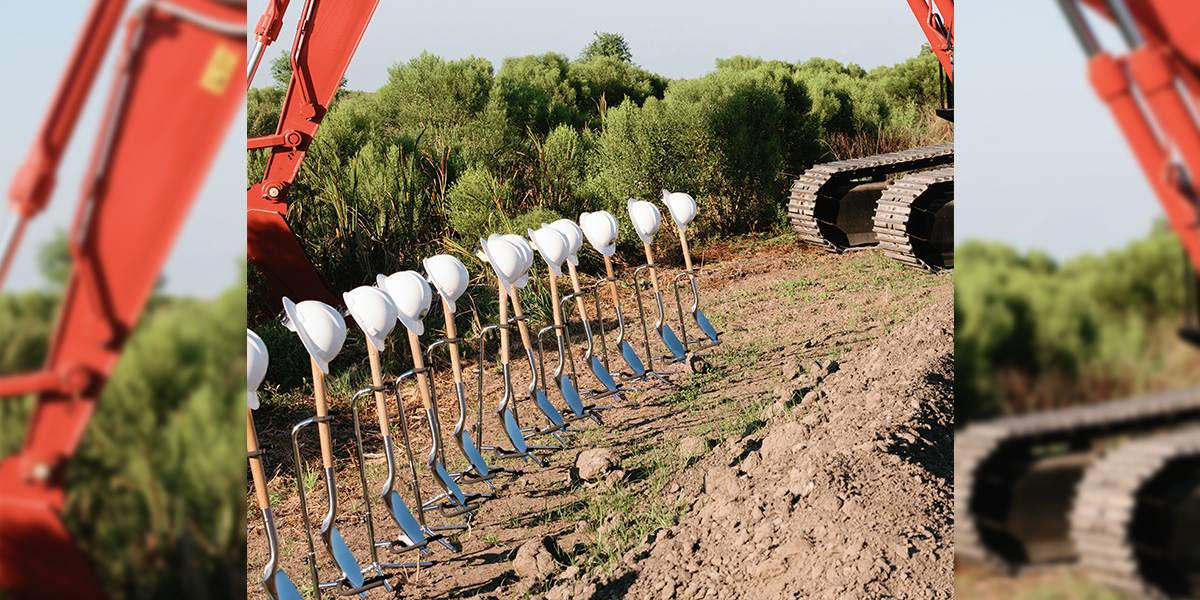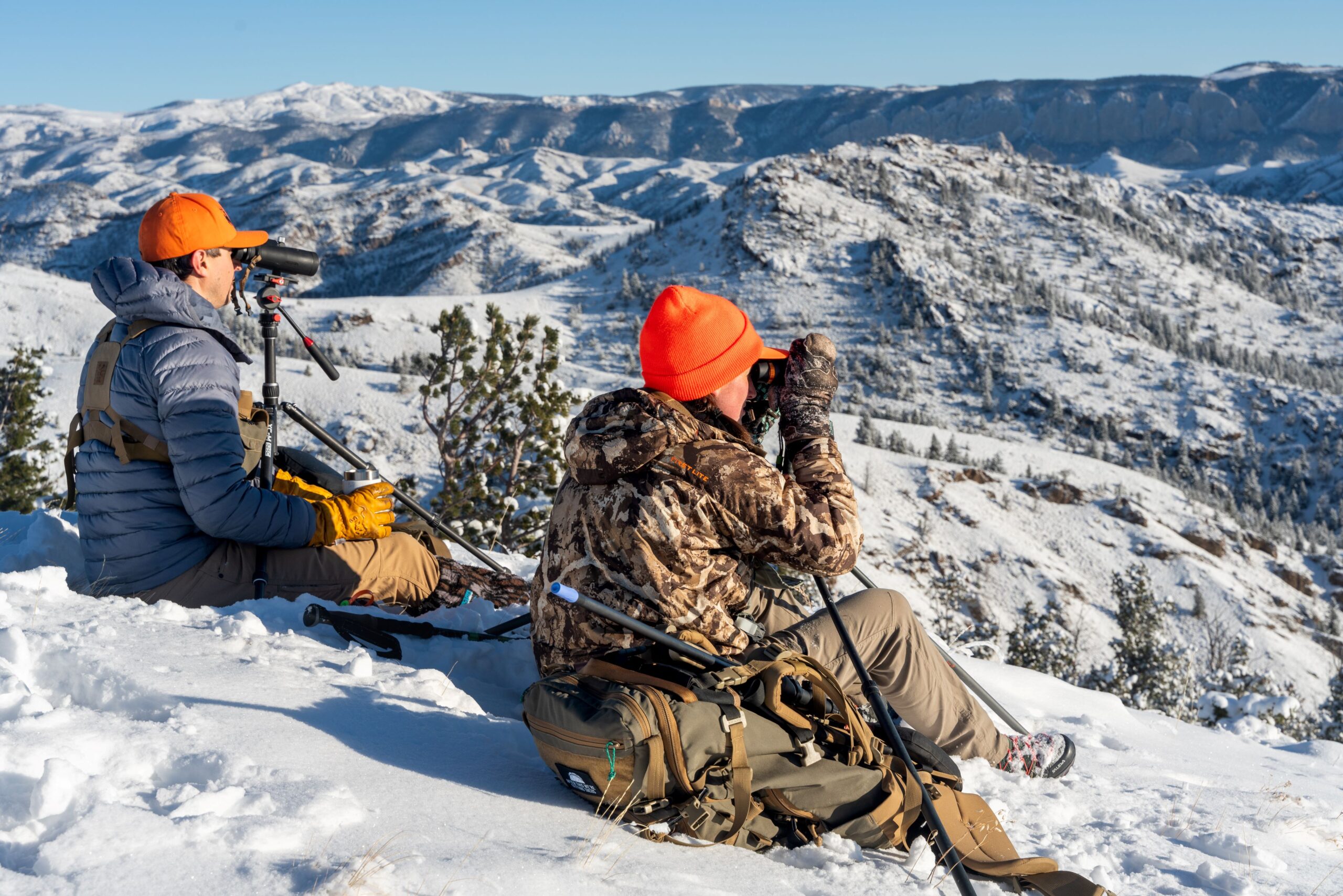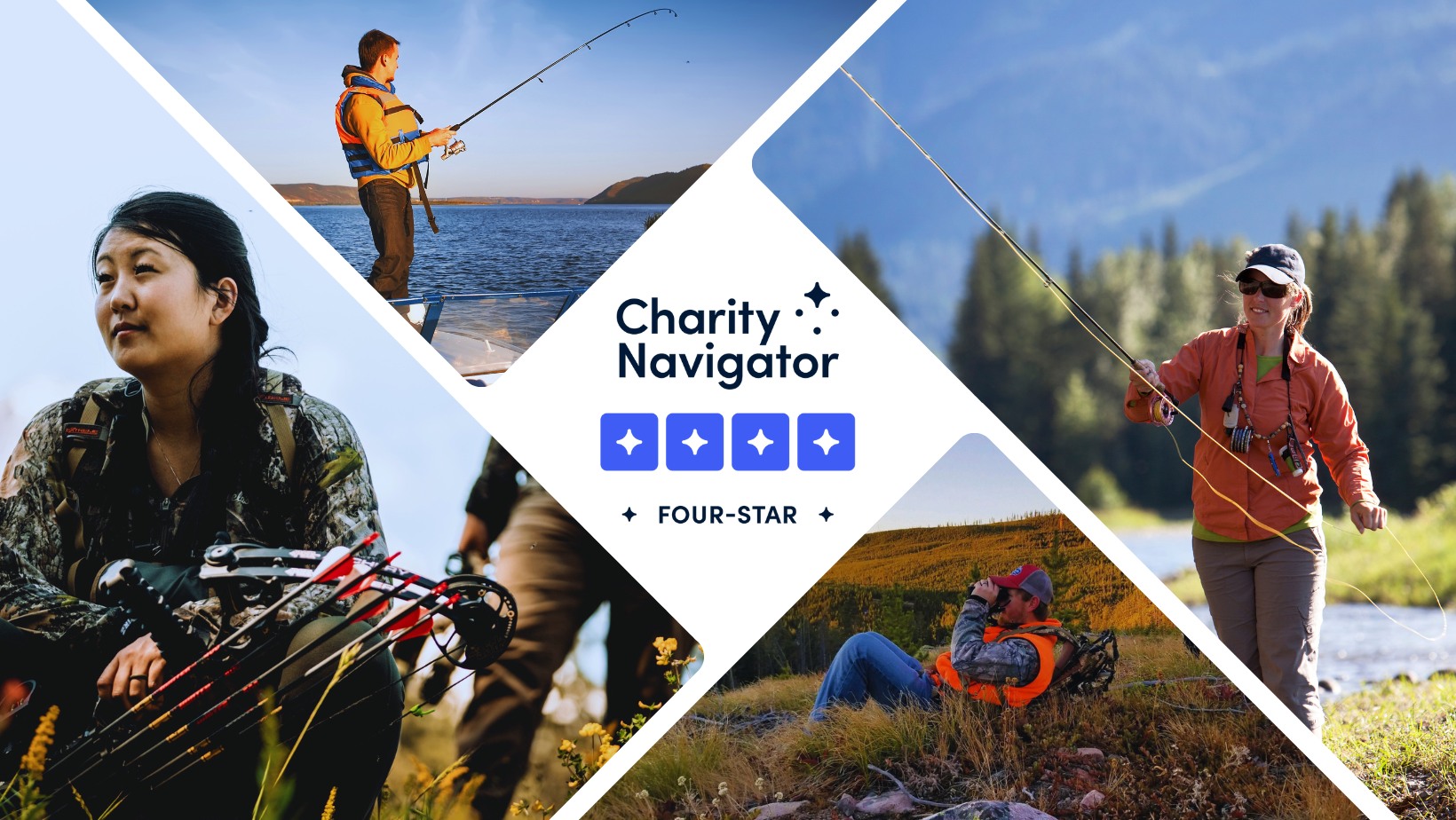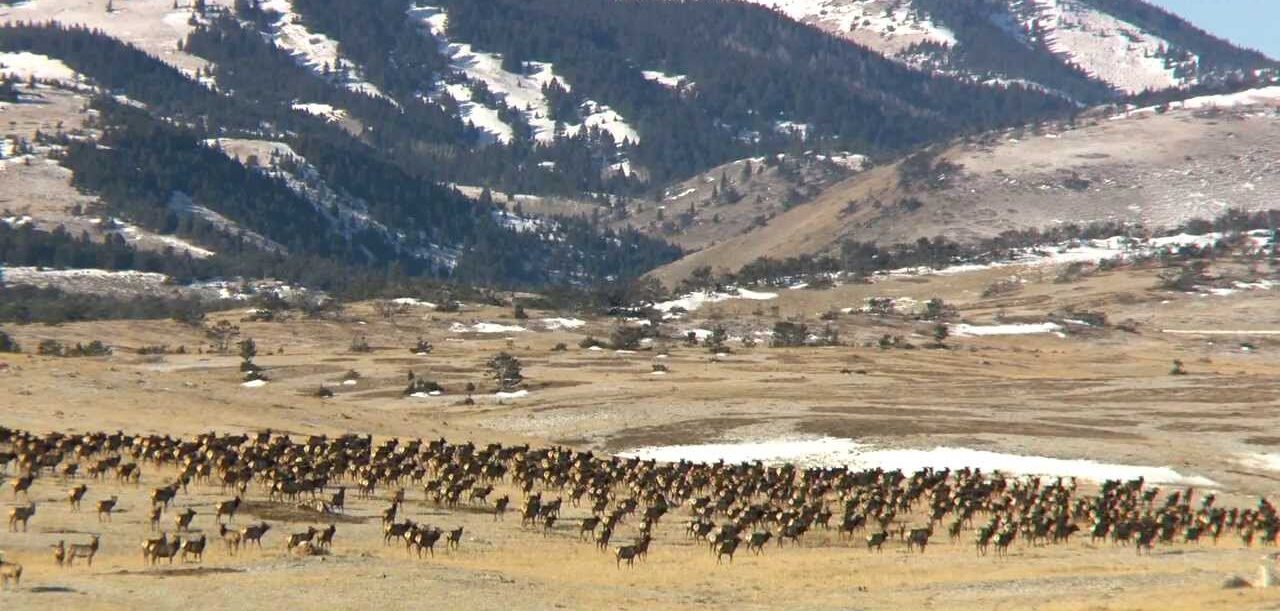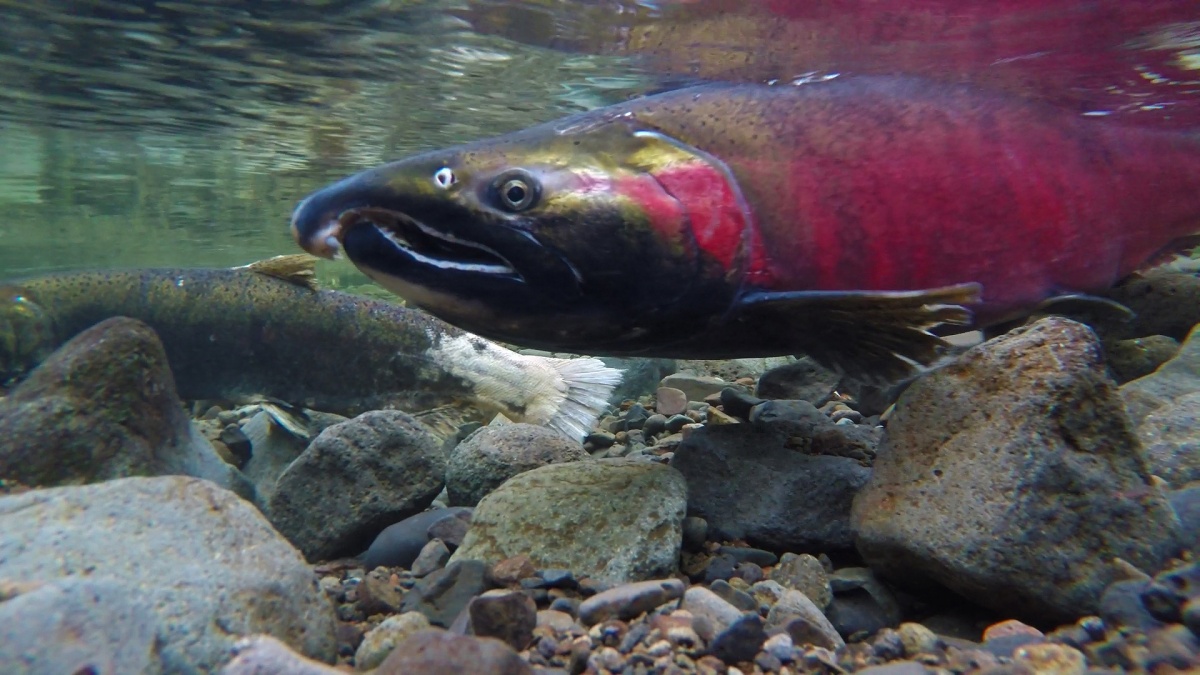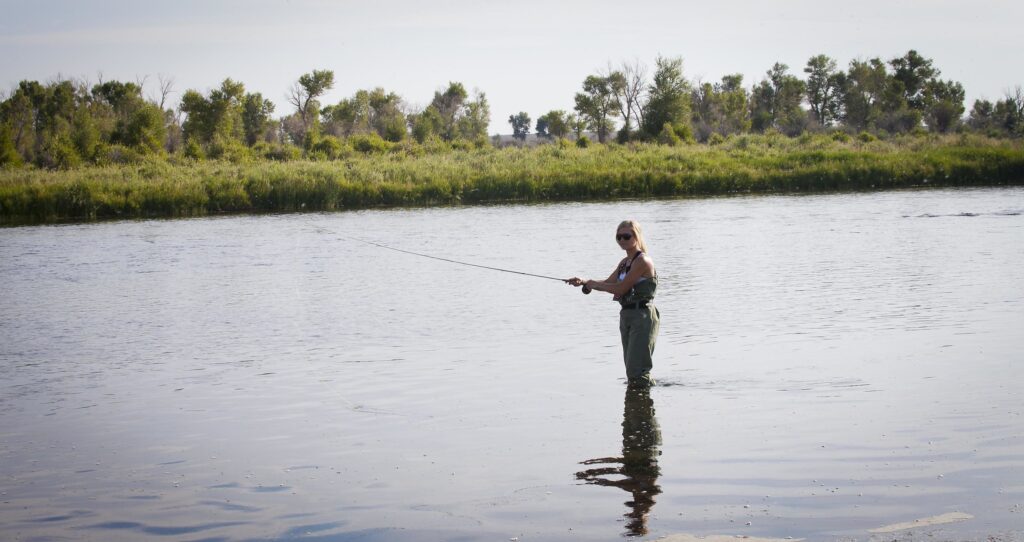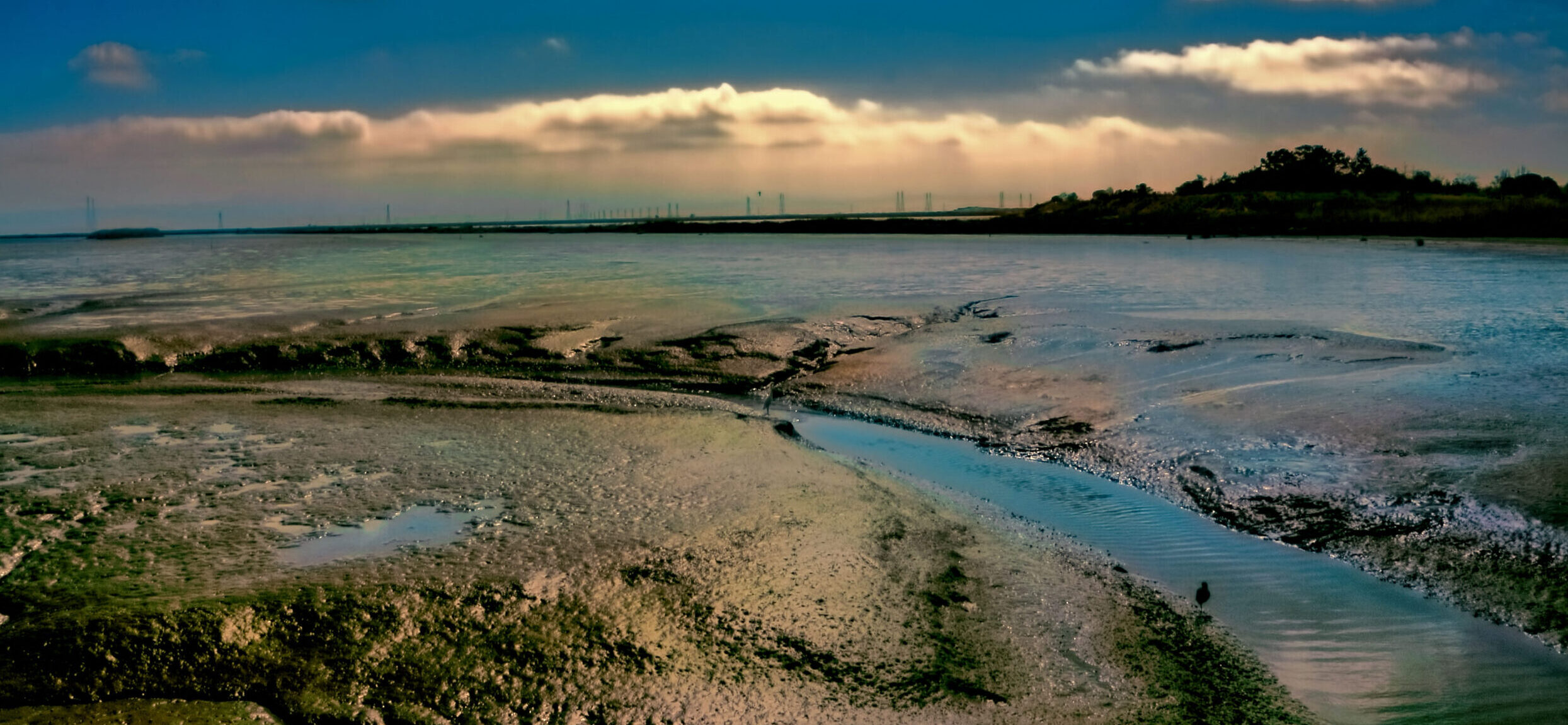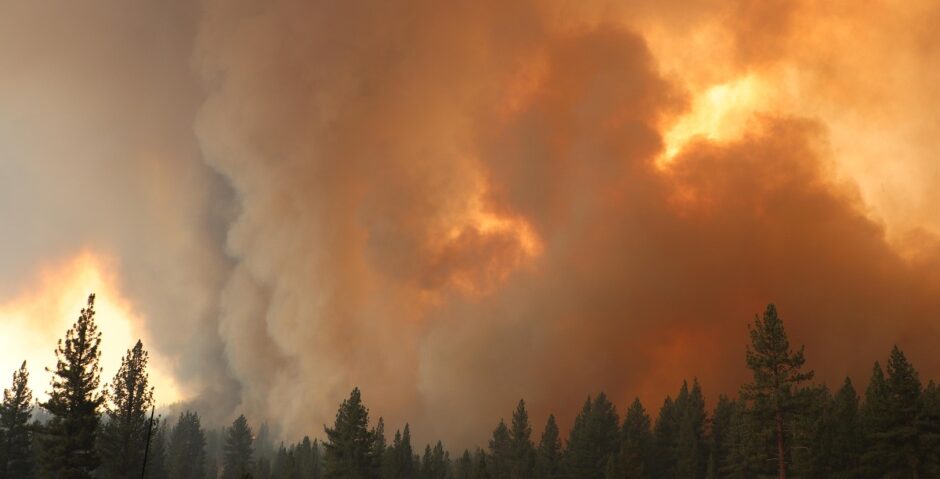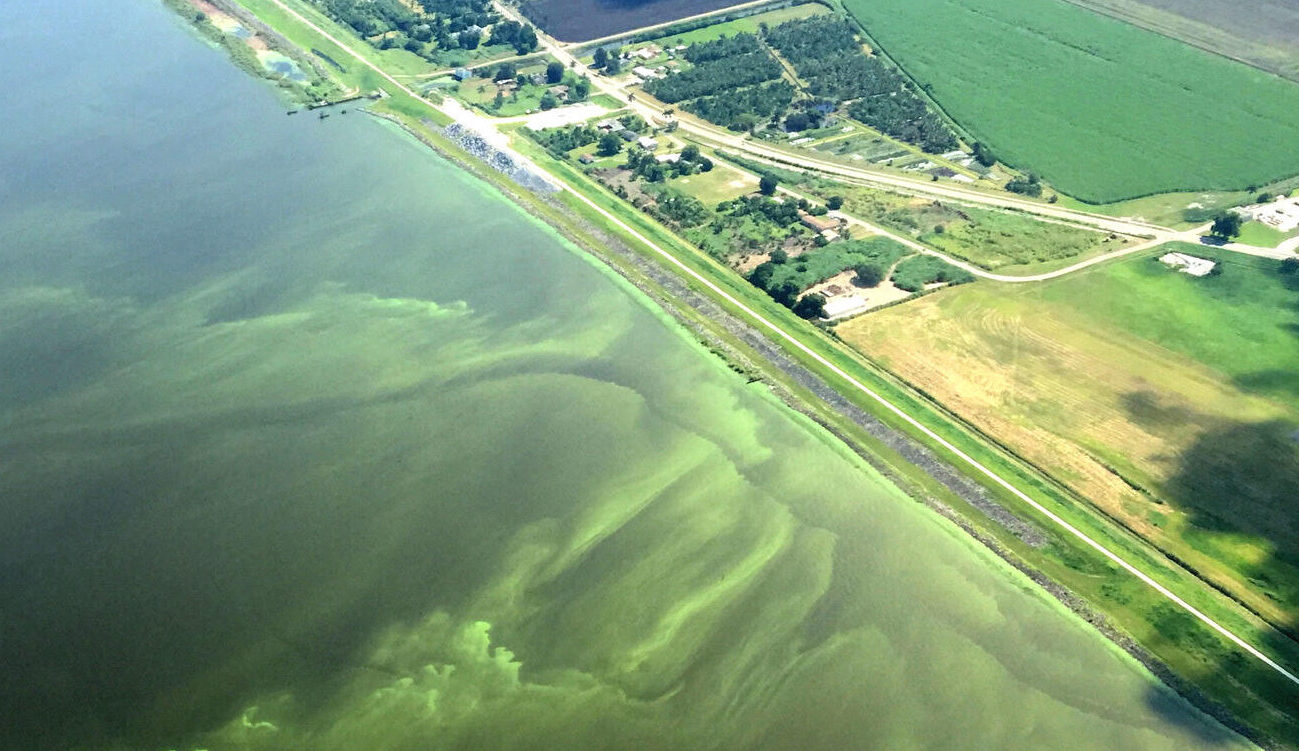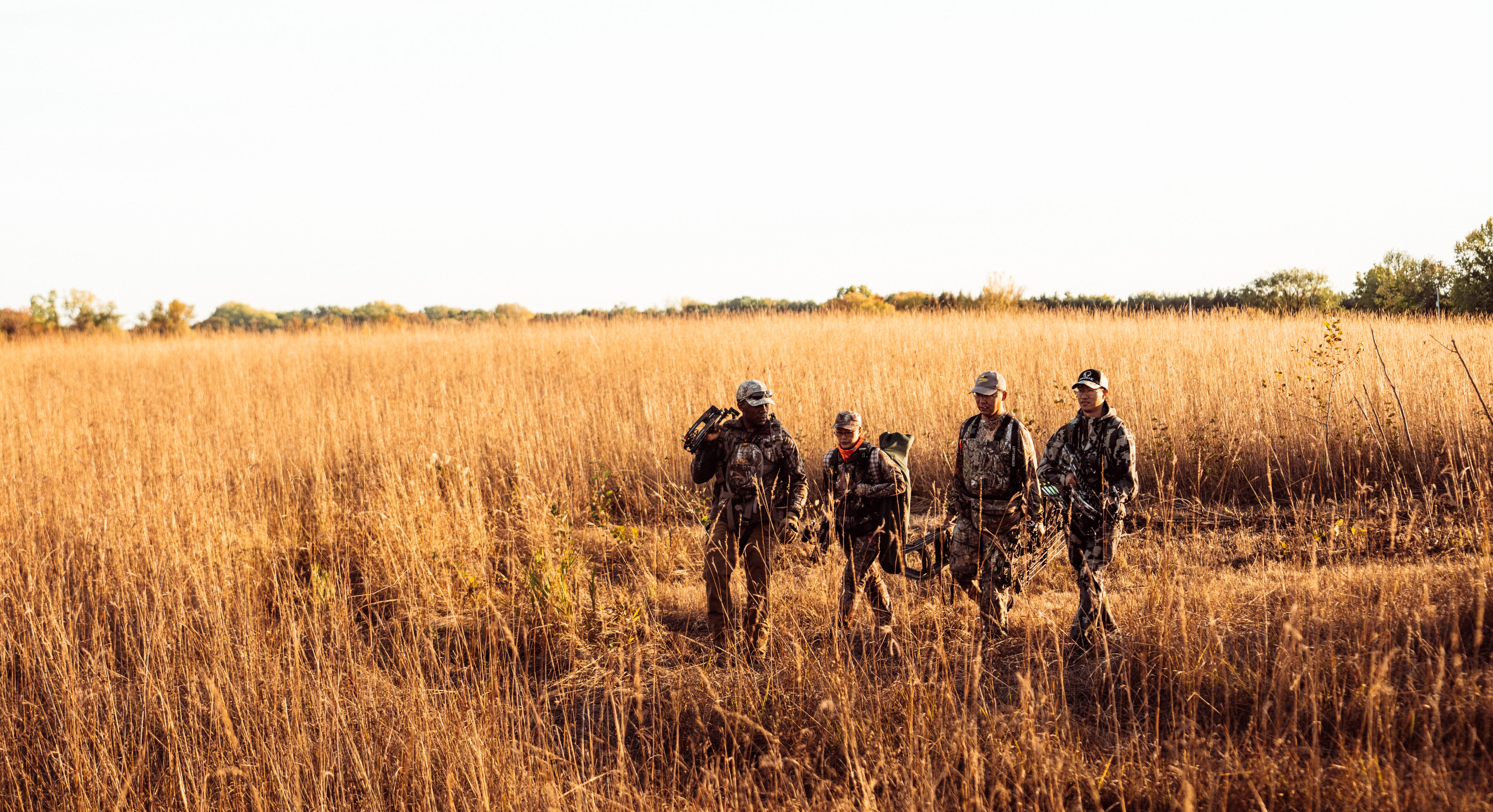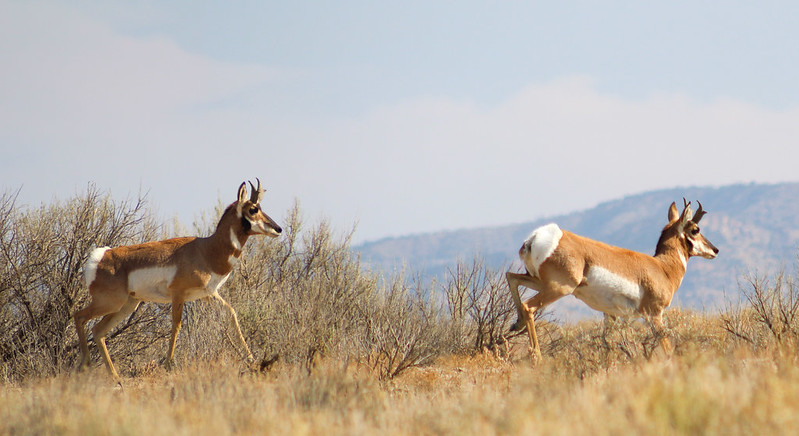Four bills exemplify how Congress can safeguard natural resources and protect the future of hunting and fishing in 2024.
The impacts of climate change on our hunting and fishing opportunities are undeniable. Across the United States and around the world, altered weather patterns, increased air and water temperatures, intensified natural disasters, and other climate effects are influencing wildlife habitats, migrations, and populations – with long-term consequences for hunters and anglers. Now, more than ever, it’s crucial for the hunting and fishing community to recognize these impacts and to stand up for solutions that help secure the long-term resilience of our lands and waters.
At the Theodore Roosevelt Conservation Partnership, we’ve assembled a coalition of organizations to amplify the voices of hunters and anglers on climate change. In 2021, TRCP and its partners created the Climate Resilience Working Group to advocate for nature-based solutions that allow ecosystems, communities, and economies to adapt to a changing future. Together, the members of the working group develop and establish a unified policy platform, highlighting federal legislation that can make a meaningful difference for the continued legacy of hunting and fishing in America.
In 2023, the Climate Resilience Working Group updated its policy platform for the 118th Congress, outlining how policymakers could expand and mature the role of nature-based solutions in climate mitigation and adaptation. With just over nine months left before the end of the second session, the working group is making it clear to Senators and Representatives that there is still time to act on this platform and to pass effective resilience legislation. Below are four bills from the platform that exemplify how Congress can safeguard our natural resources and protect the future of hunting and fishing in 2024.
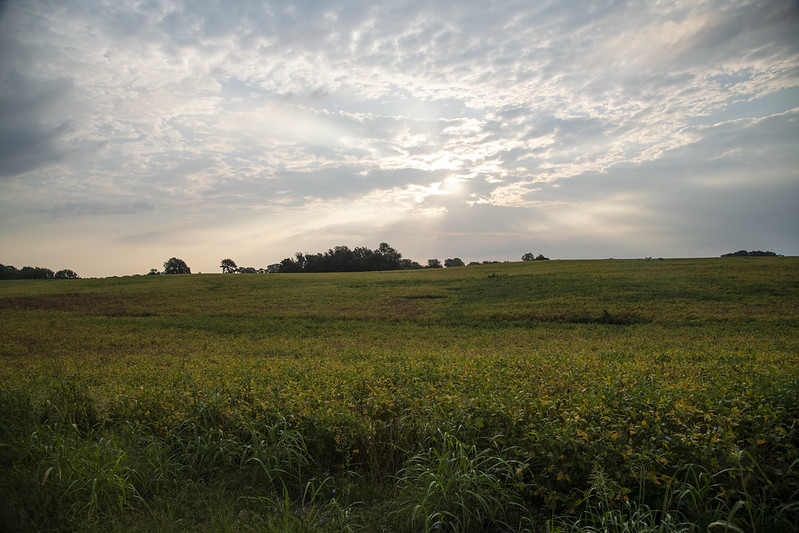
Agriculture Innovation Act
Across the country, agriculture is not only a vital component of American economies and livelihoods, it’s also a major influence on America’s natural environment. For hunters and anglers, working lands can provide beneficial habitats and ecosystem services for wildlife. However, with inadequate management, agriculture can be harmful to these species, contributing to habitat destruction, climate-harming emissions, and air and water pollution.
To ensure the best possible management of our working lands, Senators Amy Klobuchar (D-Minn.) and John Thune (R-S.D.) have introduced S. 98, the Agriculture Innovation Act. This bill helps farmers nationwide to make better on-farm decisions that support wildlife while protecting productivity. If enacted, the Agriculture Innovation Act would require the USDA to collect and analyze data on conservation practices, establish a conservation and farm productivity data center, enable collaboration among USDA agencies, make data secure and available to researchers, and provide technical assistance to producers.
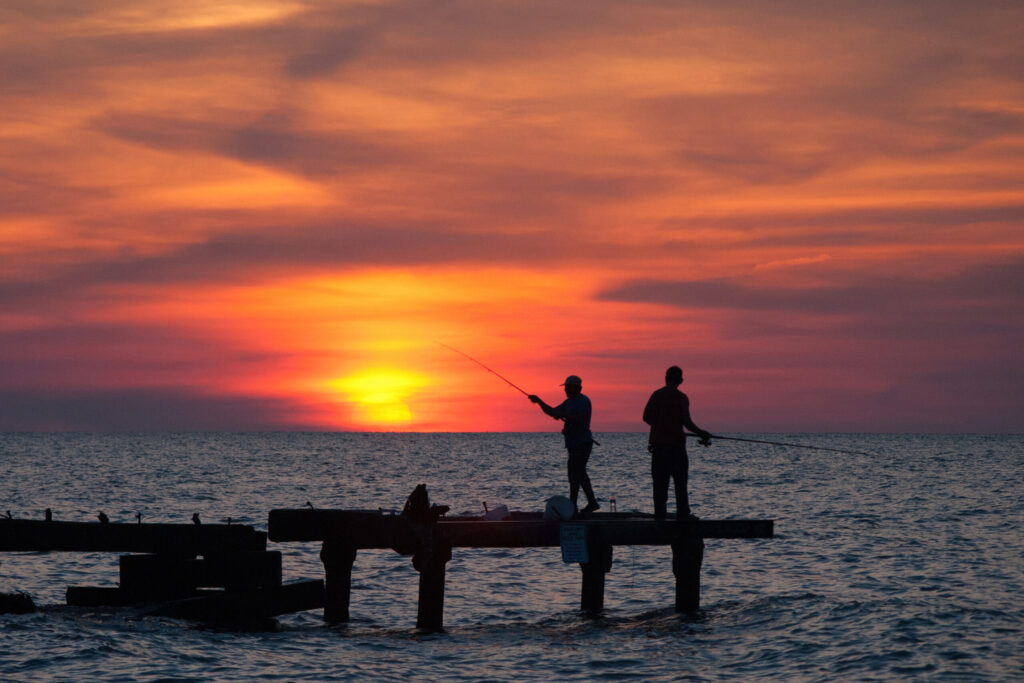
Reinvesting in Shoreline Economies and Ecosystems Act
America’s coastal areas are at risk. Over the next 30 years, sea levels are expected to rise by 10 to 12 inches, and coastal flooding is expected to occur more than 10 times as often as it does today. As these impacts worsen, they threaten roughly 40 percent of the population, as well as some of our nation’s most treasured hunting and fishing spots.
To protect America’s nearly 100,000 miles of shoreline, Senators Sheldon Whitehouse (D-R.I.) and Bill Cassidy (R-La), and Representative Lizzie Fletcher (D-Texas-7), have introduced H.R.913 and S.373, the Reinvesting in Shoreline Economies and Ecosystems (RISEE) Act. The RISEE Act offers ongoing funding for damage mitigation, natural infrastructure, and ecosystem restoration along our coasts and Great Lakes. If enacted, the bill would create a new revenue sharing model for offshore wind development, investing proceeds in state-led adaptation and resilience projects. The bill would also remove state funding caps for both the Gulf of Mexico Energy Security Act and the Land and Water Conservation Fund, allowing higher proceeds for state-led restoration programs. Both of these reforms give federal and state governments resources to conserve coastal habitats, bolstering fish and wildlife populations and the outdoor recreation economies that rely on them.
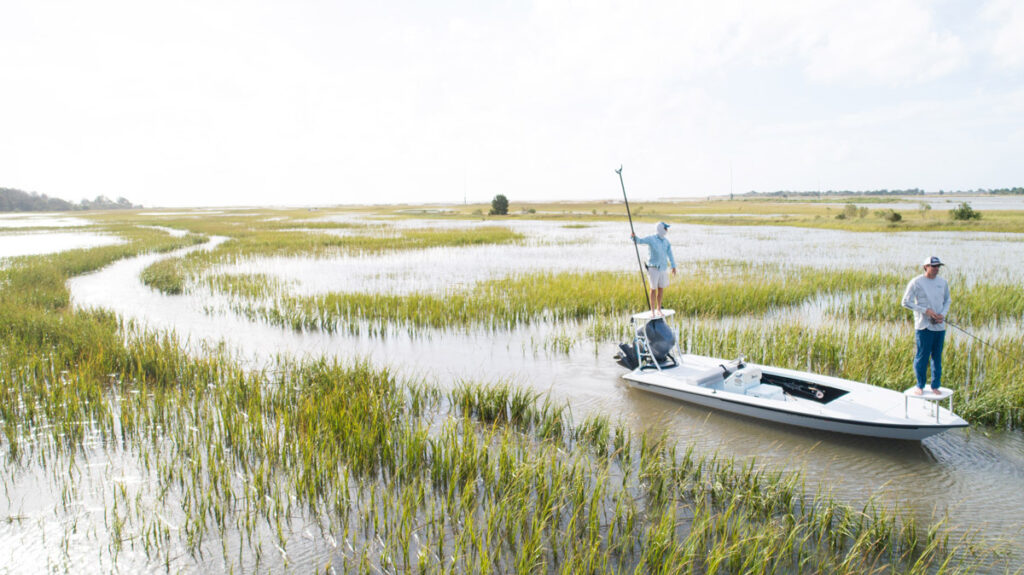
Coastal Communities Ocean Acidification Act
Increased awareness of climate change has helped the public recognize some of its most noticeable effects, including temperature increases, sea level rise, drought, flooding, and extreme weather. But there’s another, lesser-known climate effect that is threatening America’s coastal communities. Earth’s oceans now absorb roughly thirty percent of carbon dioxide from the air, causing seawater to be more acidic. This phenomenon, known as ocean acidification, wreaks havoc on marine ecosystems, threatening shellfish and coral-based fish habitats that provide a foundation for the seafood industry and for recreational anglers alike. As greenhouse gas emissions rise, acidity and the connected habitat destruction will increase.
To help coastal habitats and communities, Senators Lisa Murkowski (R-Alaska) and Sheldon Whitehouse (D-R.I.), and Representatives Chellie Pingree (D-Maine-1) and Michael Waltz (R-Fla.), introduced H.R. 676 and S. 1808, the Coastal Communities Ocean Acidification Act. The bill spurs planning and action to combat acidification, bringing new resources, stakeholders, and ideas to the table. If enacted, the Coastal Communities Ocean Acidification Act would require the National Oceanic and Atmospheric Administration and the Ocean Acidification Advisory Board to collaborate with state, local and tribal entities to conduct and improve community, research, and climate action plans, related to acidification. The bill would also encourage information sharing between communities to expand the use of best practices and would increase cooperation with affected Tribal communities. As a result, the legislation would foster innovative and widespread strategies for protecting wildlife and their habitats from harmful climate impacts.

National Coordination on Adaptation and Resilience for Security Act
When you hear the term “national security” people rarely think of conserving habitat, but they should. Across the federal government, several agencies are pursuing efforts to bolster adaptation and resilience in response to increased disasters and climate change hazards. In order to meet the scale of this challenge, federal agencies will have to work together, as well as with states, local governments, private businesses, and nonprofit partners. We know well that conserving habitats is supporting the adaptation and resilience of the communities and wildlife that depend on them. But it is going to require increased collaboration and proactive planning and coordination.
To bring America’s adaptation and resilience efforts together, Senators Chris Coons (D-Del.) and Lisa Murkowski (R-Alaska), and Representatives Scott Peters (D-Calif.) and Maria Elvira Salazar (R-Fla.), introduced H.R. 6311 and S. 3261, the National Coordination on Adaptation and Resilience for Security Act (NCARS). If enacted, the bill would create a “National Adaptation and Resilience Strategy” and implementation plan with federal, state, local, private sector, and nonprofit partners; install a Chief Resilience Officer in the White House to lead the implementation of resilience planning; establish interagency working groups to align joint efforts; and form an information hub to improve access to vital resilience resources. NCARS would both streamline and expand America’s adaptation and resilience efforts, utilizing the power of numbers and eliminating duplication and under-communication. Doing so would ensure a whole-of-government approach toward activities like habitat conservation, expanding innovation and implementation across agency boundaries, and improving the viability of hunting and fishing across the United States.
Click here to learn more about TRCP’s climate work.
Change is possible—we see it every day. Hunters and anglers have pushed for and secured meaningful solutions to habitat challenges of every size and scope, from the days of the Lacey Act to the widely celebrated legislative victories and conservation investments of recent years. You can make a difference for habitat and our climate by standing with us when it comes to nature-based solutions. Take action here to make lawmakers aware of the climate benefits of restoring fish and wildlife habitat.
